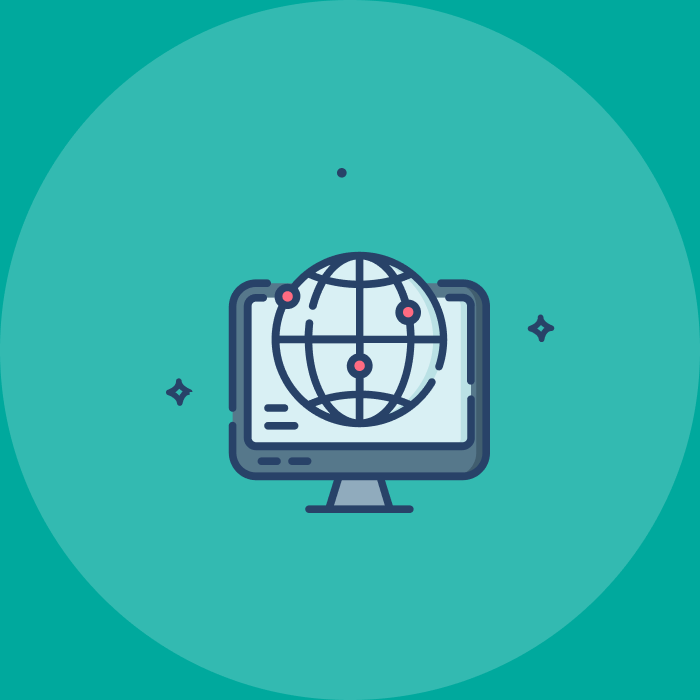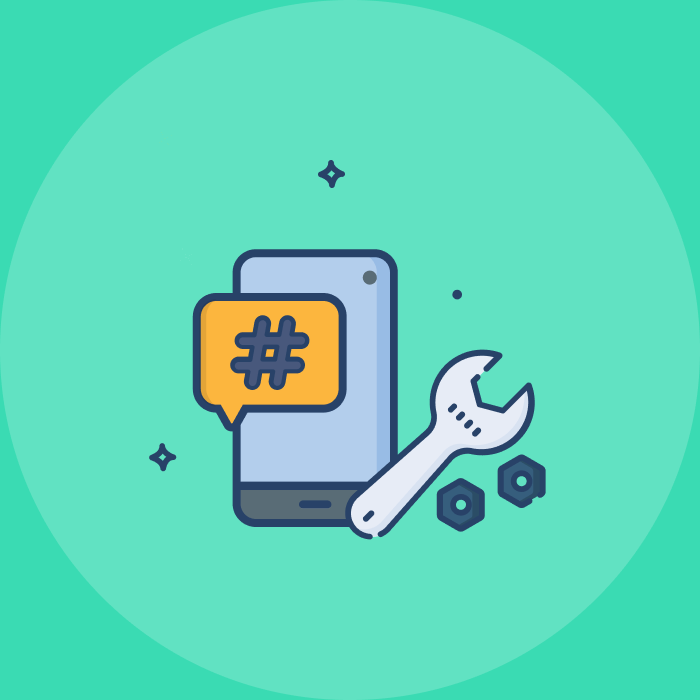There's lots of hype around artificial intelligence— and for good reason. It's improving almost every aspect of life, making it easier and faster to do things, especially in business.
While artificial intelligence (AI) is a term that for some might conjure up visions of robot world domination, the reality is not that scary. In fact, AI is becoming integral to moving the business forward. It’s used in every industry from education, where it tailors the learning experience of individual students, to automotive, where it powers self-driving cars and offers predictive maintenance.
If it hasn’t already been integrated into your industry, it likely will be soon. Businesses are recognizing the power that AI has in harnessing unused data and making their technology work in a stronger way.
1. Automating business processes
One of the first uses of any new technology is to free up simple tasks so that our attention can be focused elsewhere. The useful applications of AI in automating business practices have expanded exponentially.
Previously time-consuming practices like updating customer files, reconciling billing errors, and handling customer and employee communications are migrating to the purview of artificial intelligence. AI has the ability to analyze loads of data and predict or detect fraud across industries like credit and insurance.
It can curate data to eliminate duplication and improve performance on jobs that machines are already doing. Even website design services have integrated AI, improving pages based on how people are interacting with them.
2. Improving talent retention
Artificial intelligence can take the guesswork out of the lengthy and painful process of hiring but also improve ways to retain talent in the first place, boosting the overall experience of your workers so they’re encouraged to stay put. AI tools can anonymously analyze keywords in emails and sort them into emotions to gauge the mood of the masses.
Some tools like KangoGift can send reminders to HR about work anniversaries and determine which employees benefit from more positive feedback. Other tools can help determine whether promotions or raises have been handled in a fair, unbiased manner. The bottom line: It’s about creating a happier work culture.
AI offers lots of ways to better monitor your employee productivity, including tools like KnowYourDay, which sets targets and tracks activity, billable hours, web activity, keystroke counts, etc. It also uses an AI-based machine learning system to analyze employee behavior. In manufacturing, AI can help streamline tasks and workflow by improving ergonomics and worker safety.
The key to using AI to improve employee performance is about keeping it tailored toward solving a specific business problem. Using AI to collect data on an issue – such as reducing errors or increasing productivity – can help a company target and improve those areas of operation.
4. Manufacturing automation
Industry 4.0 – the integration of smart, interconnected digital technologies within organizations and operations – is the buzz among manufacturers. Robotics, analytical tools, industrial Internet of Things, computer science, cloud computing, and data-driven supply chain management are already used on the manufacturing floor, and manufacturers are gearing up for the next generation of autonomous operations. As these smart machines become a network, it will ultimately help improve efficiency and decrease waste.
5. Supply chain management
Manufacturers, distributors, and shipping companies are tapping into the power of data tools to predict freight transit time, create intelligent route optimization, and keep track of inventory at any given point. Intelligent robots can sort inventory and shipments, and cloud-based AI systems help predict risk management.
DHL launched a Smart Truck technology to decide on the best pickup times and deliveries using GPS to check traffic and optimize routes. Breakthrough Fuel uses software-based, data-driven strategies to map out multi-modal routes for carriers based on the best fuel prices along the route, even incorporating other factors such as the weight and fuel efficiency of the vehicle being used.
6. Cybersecurity
We’ve all seen the widespread impact that data breaches can have on major retailers and other companies that collect and save customers’ personal information. Artificial intelligence has the potential to detect and prevent serious breaches before they occur.
The firm Darktrace claims to have detected 63,500 threats previously unknown with machine-learning technology, thwarting attacks to more than 5,000 networks. Such technology can catch even insider and stealthy attacks. Companies that invest in AI cybersecurity programs can reap the benefits as cyber-based attackers grow more tenacious.
7. Marketing
Digital marketers can tap into the vast power of AI, which gathers data and learns about a user’s preferences to find those targeted customers, predicting their wants and needs. Artificial intelligence can be used in areas such as effective advertising, stronger content creation, opportunities to connect through chatbots, and building a better overall marketing strategy.
AI takes the conjecture out of marketing campaigns, connecting social media users to products or services based on their interests and increasing target markets.
And it’s already happening. A February 2018 Blueshift report showed that 43 percent of marketers were using AI to expand their audience, with a goal of increasing its use by 64 percent in the following year.
8. Your company’s future
Getting to know AI and what potential it has for you and your company is the first step toward integrating it into your daily operations. Understanding what problems you’d like to solve, the value of adding particular AI tools, and what you need to change internally to get there will help focus your efforts.
Then call in the experts to help you set up a system, add storage for the new, large amounts of data, and incorporate AI functions in your daily tasks will bring your company to the next level.
The future is clear: If your business isn’t tapping into the power of AI, you’re missing out on opportunities to be more efficient, increase sales, and expand your potential reach. AI offers the potential to improve the performance not only of your employees but of your business overall.
Subscribe to weekly updates
You’ll also receive some of our best posts today






